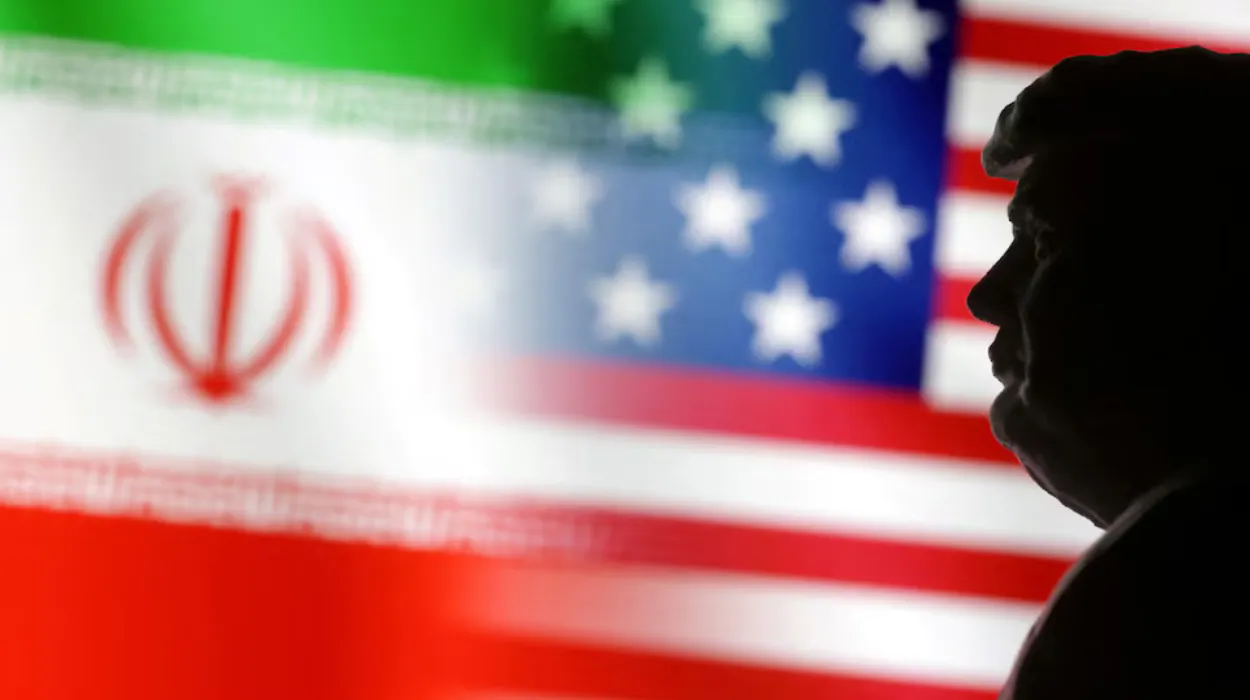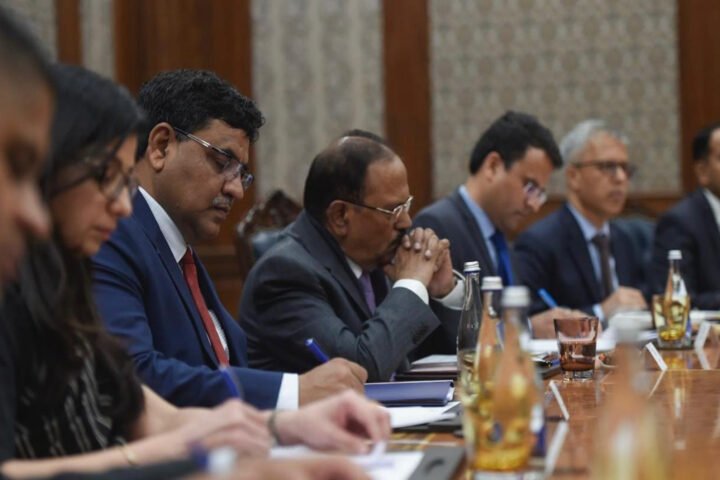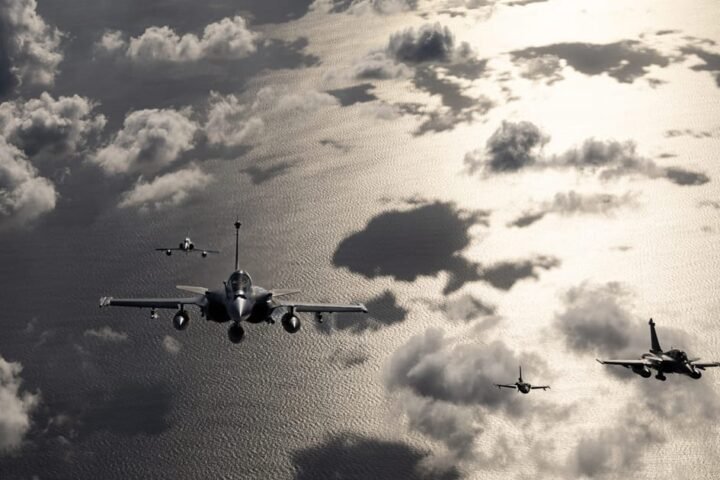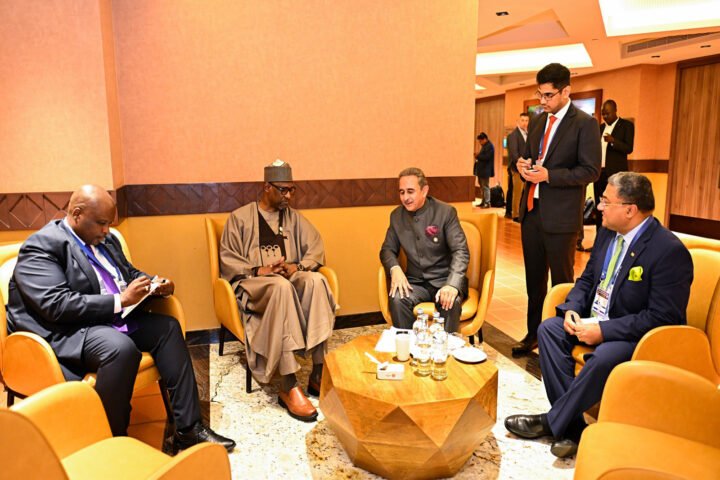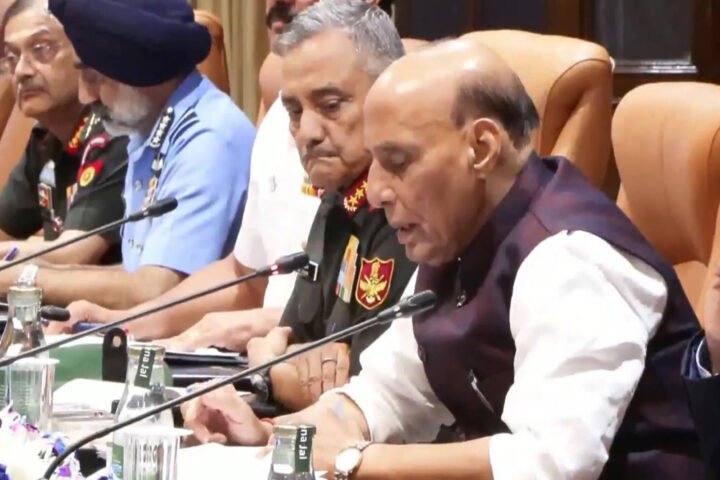Muscat (Brussels Morning Newspaper) – On April 12, 2025, Iran and the United States will engage in high-level discussions in Oman, focusing on reviving negotiations regarding Tehran’s rapidly progressing nuclear programme. U.S. President Donald Trump has warned of military action if an agreement is not reached.
Can Muscat talks prevent U.S.-Iran military conflict?Can Iran and the U.S. reach a nuclear compromise?
Iranian media reports indicate that Iranian and U.S. delegations have reached Muscat, the capital of Oman. Iran’s delegation is headed by Foreign Minister Abbas Araqchi, while the discussions on behalf of the U.S. will be managed by Trump’s Middle East envoy, Steve Witkoff.
Iranian state television reported an Araqchi meeting with Omani Foreign Minister Badr al-Busaidi in Muscat.
“As part of Iran-U.S. indirect talks, Araqchi provided his Omani counterpart with Tehran’s key points and positions to be conveyed to the U.S. side,”
Iranian state media conveyed.
“There is a chance for initial understanding on further negotiations if the other party (U.S.) enters the talks with an equal stance,”
Can Muscat talks prevent U.S.-Iran military conflict?
Ayatollah Ali Khamenei, the Supreme Leader with ultimate decision-making power in the Islamic Republic, has granted Araqchi “full authority” for the negotiations, as reported by an Iranian official to Reuters.
“The length of the discussions, focusing solely on the nuclear issue, will rely on the U.S. side’s commitment and sincerity,”
The official stated. Iran has excluded negotiations regarding its defence capabilities, including its ballistic missile programme.
U.S. Secretary of State Marco Rubio expressed his hope that the discussions would result in peace. He emphasised,
“We have clearly stated that Iran will never possess a nuclear weapon, and I believe this stance contributed to the meeting happening.”
Can Iran and the U.S. reach a nuclear compromise?
Since February, Trump has revived a “maximum pressure” strategy against Tehran, having abandoned the 2015 nuclear agreement with Iran and six global powers during his first term in 2018, and has reinstated severe sanctions on the Islamic Republic.
Since that time, Iran’s nuclear programme has advanced significantly, including enriching uranium to 60% fissile purity, a crucial step towards the levels required for a bomb.
Israel, Washington’s closest ally in the Middle East, sees Iran’s nuclear programme as a fundamental threat and has long threatened to launch an attack if diplomatic efforts to limit its nuclear goals prove unsuccessful.
Analysts warn that a breakdown in talks would heighten concerns about a larger conflict in a region responsible for supplying a significant portion of the world’s oil. Tehran has advised neighbouring nations hosting U.S. military bases that they would experience “serious repercussions” if they participate in any American military action against Iran.
Any signs of progress could alleviate tensions in a region engulfed in conflicts since 2023, including wars in Gaza and Lebanon, missile exchanges between Iran and Israel, Houthi assaults on Red Sea shipping, and the Syrian government’s ousting.
